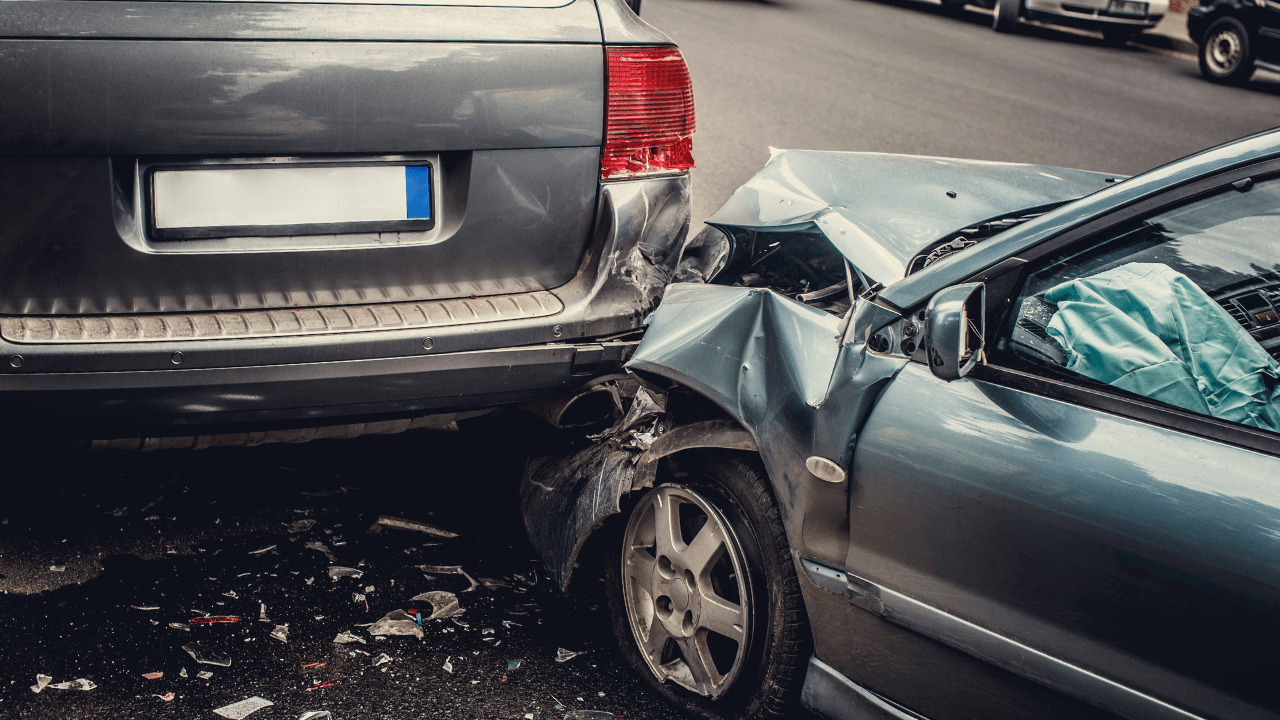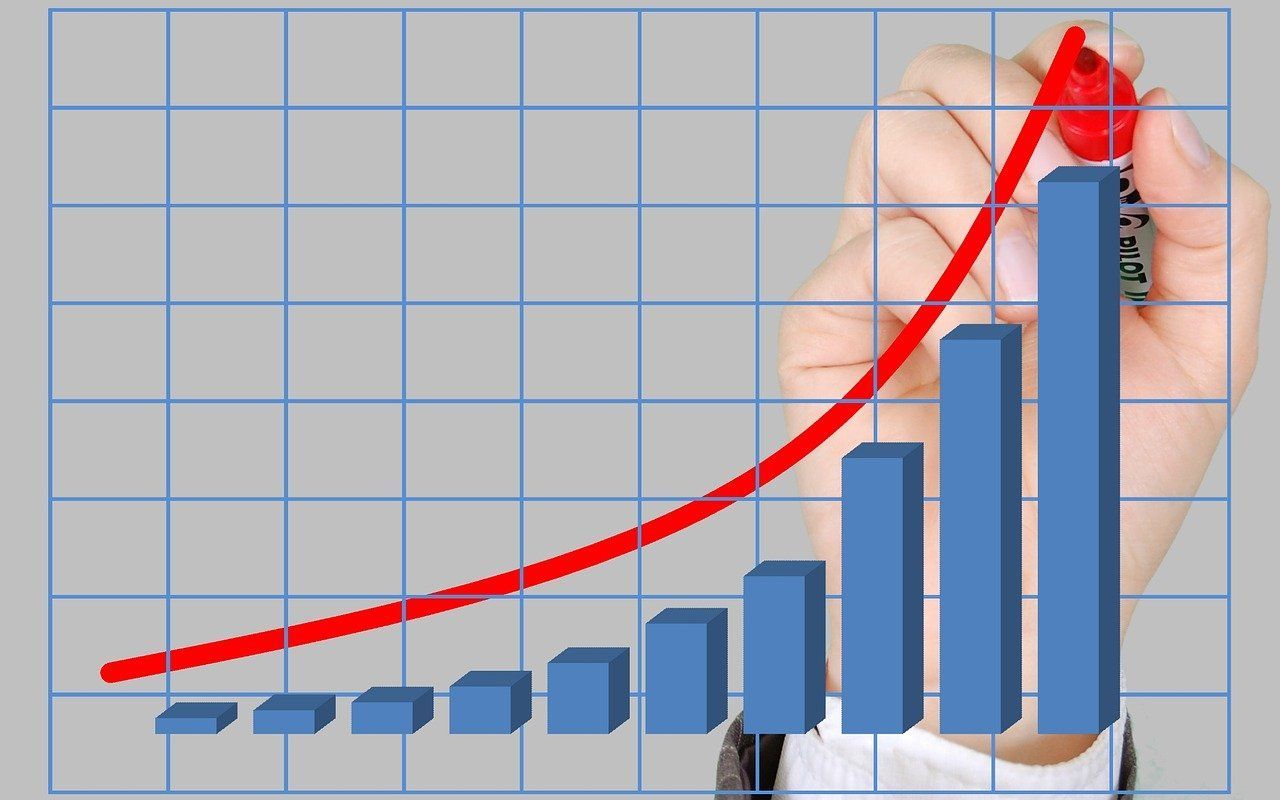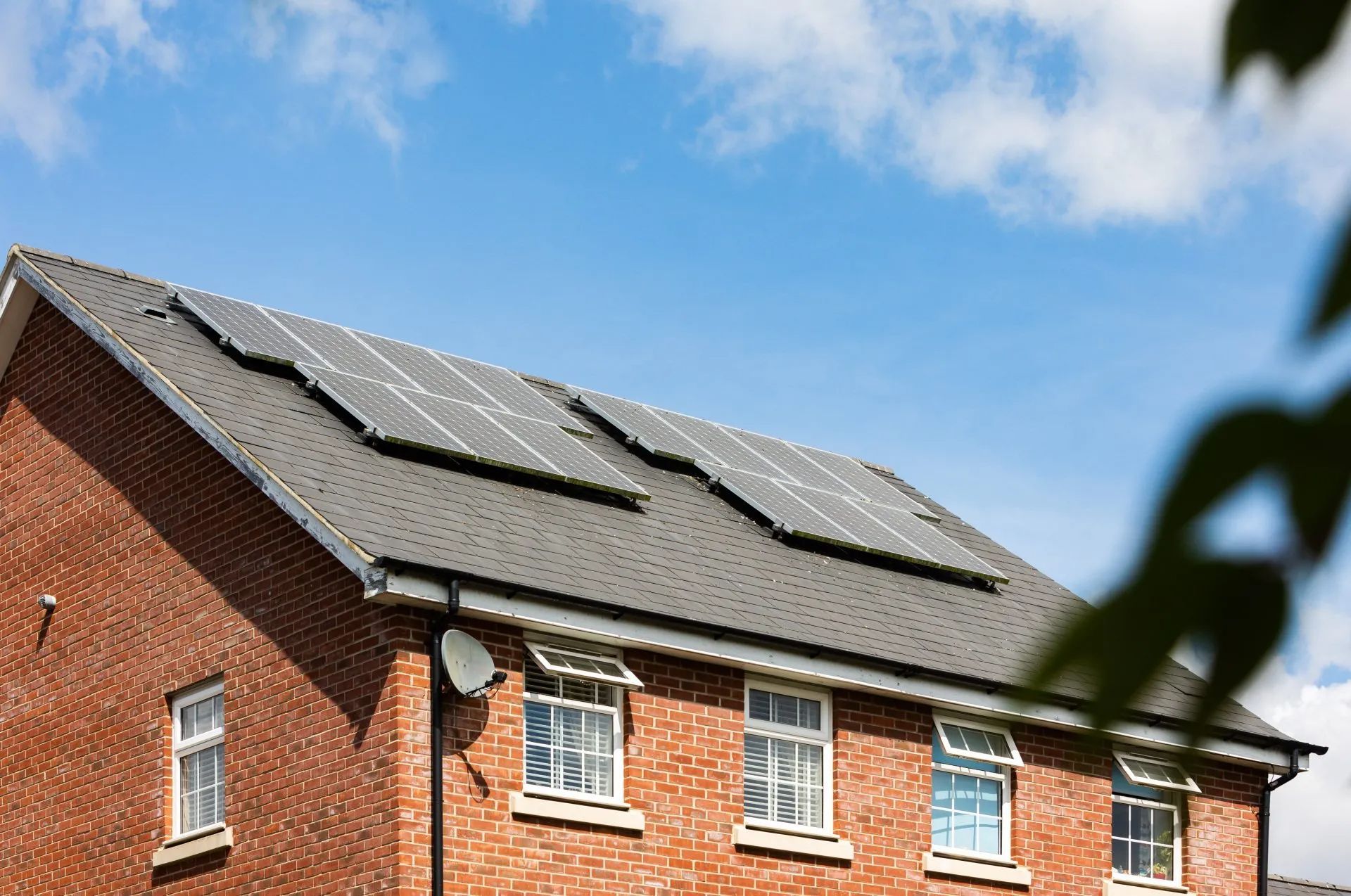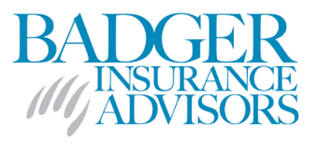About Us
Badger Insurance Advisors is a Trusted Choice Insurance Agency, which means we are independent and are not confined to one specific insurance company. This matters because we work for you, not the insurance company! Risk is everywhere, let us help you protect your valuables: auto, home, or life insurance…whatever matters to you!
Contact Info
5916 N Lisbon St, Aurora, CO 80019
(8:00am - 6pm MST, Monday - Friday)


BY: KEVIN VOLZ | INSURANCE AGENCY PRINCIPAL
- PERSONAL INSURANCE
Imagine you're out for a drive on a beautiful day in Colorado. The sun is shining and the scenery is breathtaking. Suddenly, another driver speeds out of a side street, collides with your car and then speeds away.
This type of accident is called a hit and run, and unfortunately, it's all too common. Many drivers choose to flee the scene of an accident because they're uninsured, intoxicated or have a warrant out for their arrest.
If you're the victim of a hit and run, don't despair. Your Colorado auto insurance policy will likely cover the damages. Here's what you need to know about Colorado's hit-and-run insurance.
What is a hit-and-run accident?
A hit-and-run accident is a type of traffic accident in which one driver fails to stop and provide identification or assistance to the other driver, pedestrian, or cyclist involved. In Colorado, fleeing an accident scene assistance is a crime.
Hit-and-run accidents can range from minor fender-benders to serious collisions that result in injuries or even death. Unfortunately, hit-and-run accidents are all too common; according to some estimates, there are over 600,000 hit-and-run accidents in the United States each year.
The best way to avoid becoming a hit-and-run victim is to be aware of your surroundings and be cautious when driving, walking, or cycling on busy roads. If you are involved in an accident, try to get a good description of the other vehicle and driver, and contact the police as soon as possible.
Who is at fault in a hit-and-run accident?
In a hit-and-run accident, the at-fault driver is the one who fled the scene. However, proving who was at fault in a hit-and-run accident can sometimes be challenging.
If you were not able to get a good description of the other vehicle or driver, your insurance company might label the accident as a "phantom vehicle" accident. In this case, your insurance company will likely use a formula to determine how much they are willing to pay for the damages.
What Happens If I am Involved in a Hit and Run?
If you are the victim of a hit and run, you should first call the police. It is important to get a police report so that you have documentation of the incident. This will be helpful when filing a claim with your insurance company.
Once the police have been called, you should call your insurance company to report the accident. Be sure to have all the relevant information on hand, including the police report number and witness contact information.
Your insurance company will then open an investigation into the accident. They may contact the other driver if they are able to find them, or they may just rely on the police report. Once the investigation is complete, your insurance company will let you know if they will cover the damages.
Your Insurance Options for Hit and Run Accidents
If you live in Colorado, you have a few options for insurance coverage in a hit-and-run accident.
a) Uninsured Motorist Bodily Injury (UMBI) Coverage
Uninsured Motorist Bodily Injury (UMBI) Coverage is a type of insurance that helps to protect you financially if you are involved in an accident with an uninsured or underinsured driver, and in hit and run accidents. If you are injured in such an accident, your UMBI coverage will help to pay for your medical expenses, lost wages, and pain and suffering.
b) Uninsured Motorist Property Damage (UMPD) Coverage
Uninsured Motorist Property Damage (UMPD) Coverage is a type of insurance that helps to pay for damage to your vehicle if it is damaged in an accident with an uninsured or underinsured driver. If you have this type of coverage, your insurance company will help pay for repairs to your vehicle up to your policy's limit.
c) Collision Coverage
Collision coverage is one of the most common types of car insurance. It helps to pay for the repairs to your vehicle if it is damaged in an accident with another vehicle or object. Collision coverage typically has a deductible, which is the amount of money that you will need to pay out-of-pocket before your insurance company starts to cover the costs of the repairs.
In some cases, collision coverage can also help pay for a rental car if your vehicle is damaged in an accident and is not drivable. Whether or not you need collision coverage is a personal decision. Still, it is something to consider if you are worried about being able to afford the repairs to your vehicle if it is involved in an accident.
d) Comprehensive Coverage
You may have heard the term "comprehensive coverage" before, but what does it actually mean? In a nutshell, comprehensive coverage is a type of insurance that helps to protect you from damages that are not caused by collision. This can include damage from events such as fire, theft, or vandalism.
Comprehensive coverage can also provide protection against natural disasters such as hurricanes, floods, and earthquakes. In some cases, it may even cover damages caused by animals. In the event of a hit and run, comprehensive coverage can help pay for your vehicle's repairs if the other driver damages it.
Wrapping Up
If you are ever a hit and run victim, it is essential to know what to do and your insurance options. By understanding your insurance coverage and knowing what to do after an accident, you can help protect yourself financially.
If you have any questions about your insurance coverage or what to do after an accident, contact your insurance company. They will be able to help you understand your policy and answer any questions that you may have.
Compare Quotes
We help Colorado drivers find the cheapest
car insurance by comparing rates from the best insurance companies in the United States. Get a free quote from us today.
BLOG AND NEWS
Better Insurance Decisions
Begin Here


READY TO GET STARTED
Get A Free Quote Today!

See how much you could save on your insurance with personalized quotes for Colorado residents.
or call us directly











